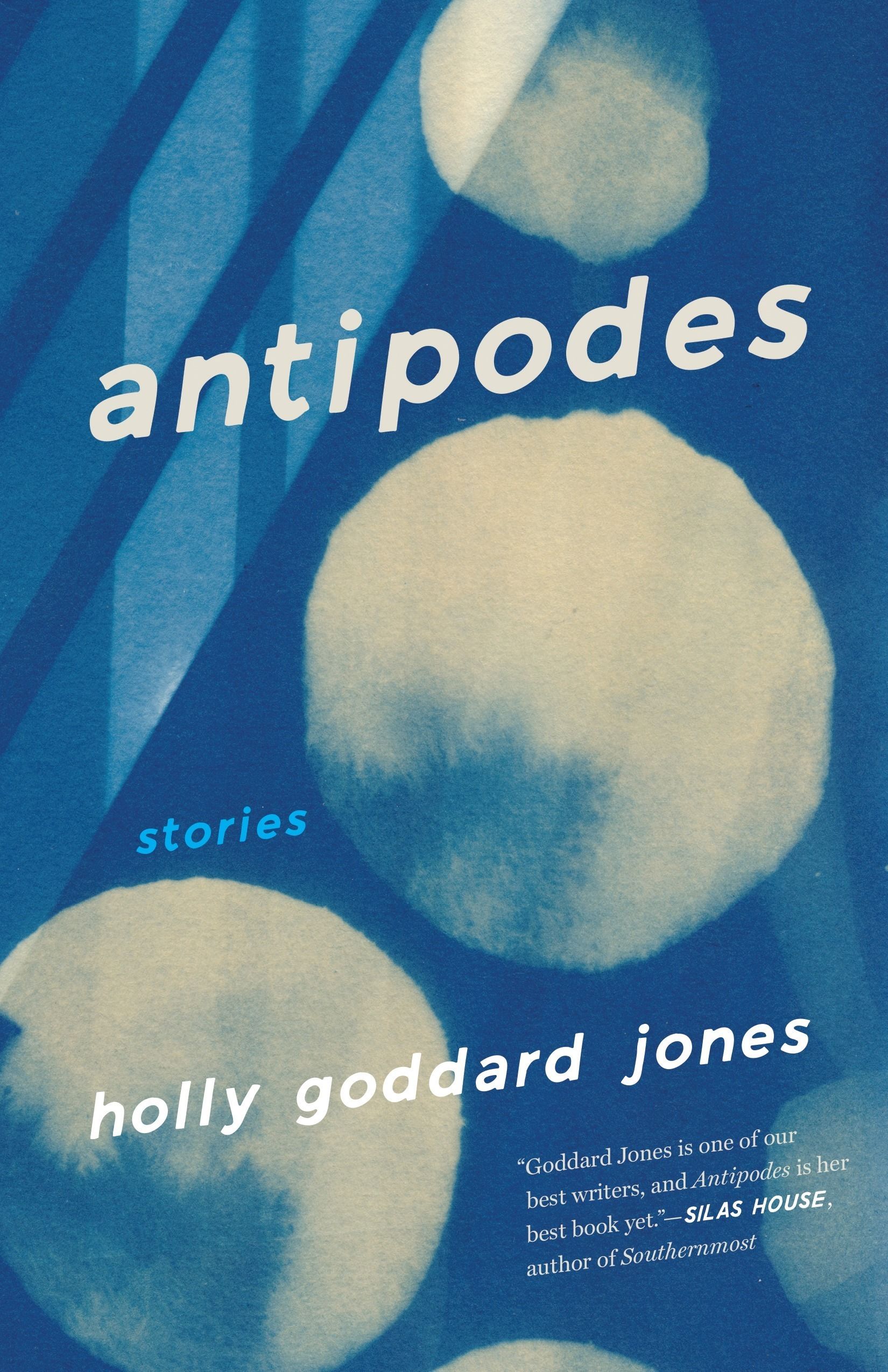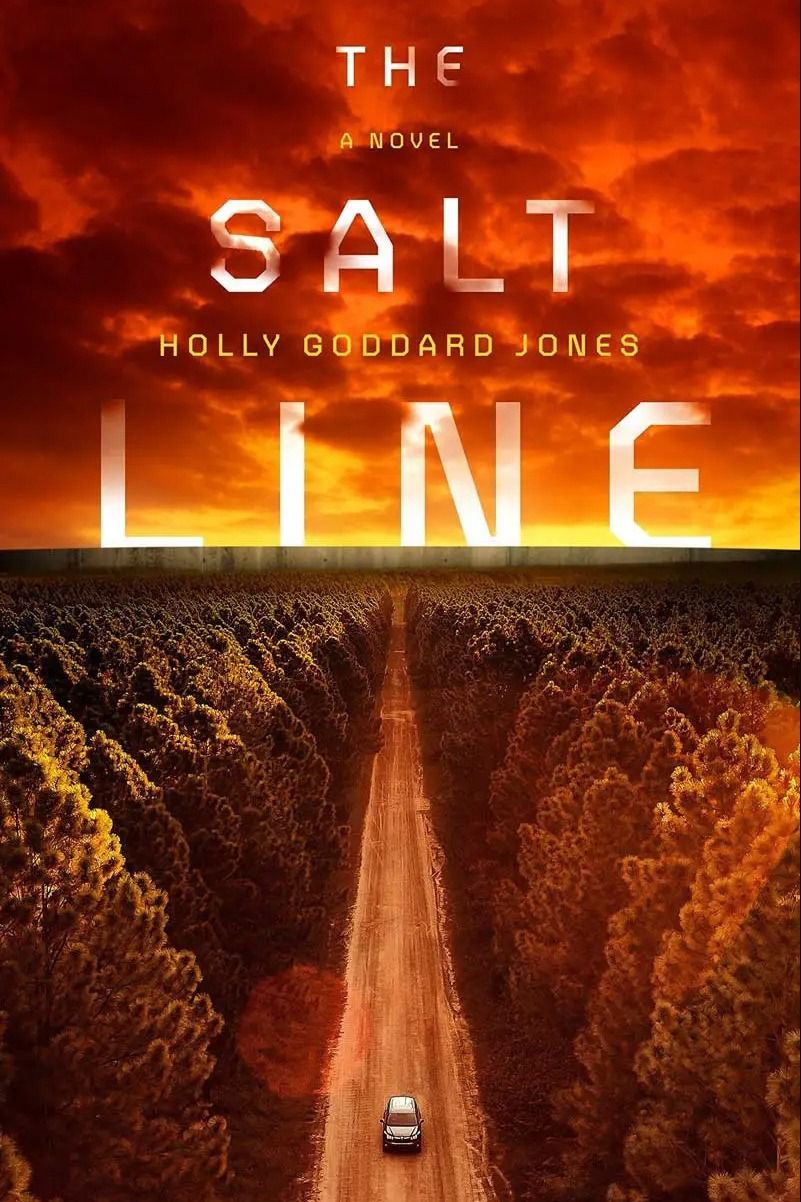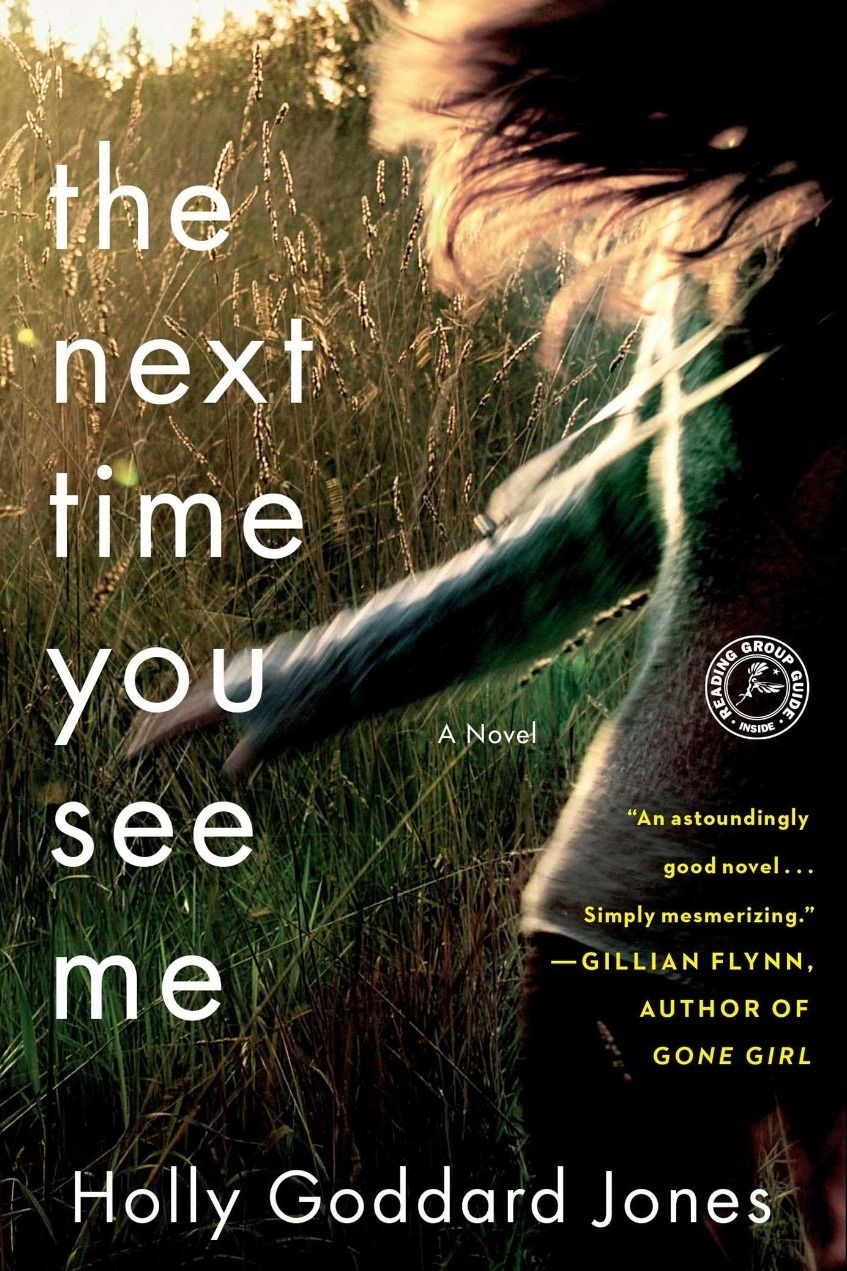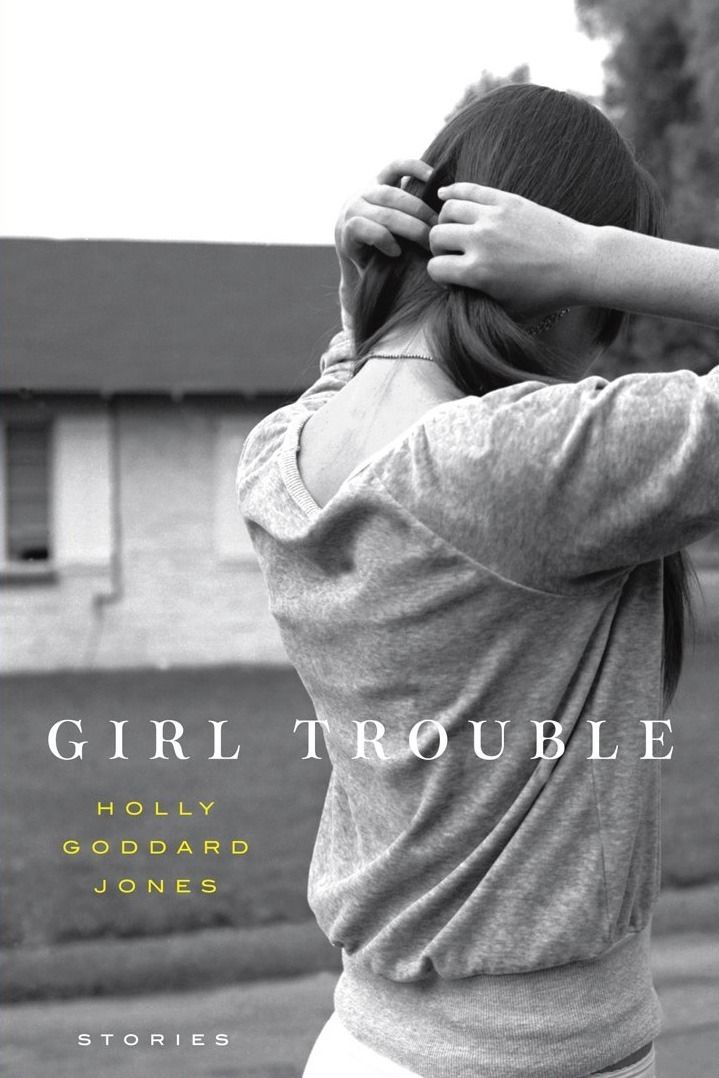EVERYDAY LIFE, UNEXPECTED PLACES
Some of the short stories in Holly Goddard Jones’s newest collection, “Antipodes,” incorporate dystopian or fabulist elements – the narrator of the title story serves as the “Historian” for a temple guarding an abyss, for example, and in “Visitation,” a video game creature comes to life.
Others adhere to strict realism. In “Shelter” a very pregnant woman fights against feeling like an outsider during a beach vacation with friends. In “Swallows,” an art teacher struggles to accept her boyfriend’s contentment with his job as a grocery clerk.
But each of the eleven stories is rich with the texture of everyday life: even the historian of the temple of the abyss needs to get her daughter to daycare on time. The result is a collection that feels endlessly surprising, yet consistent in its exploration of what it’s like to be a certain kind of person living a certain kind of life.
“I try to access my characters on all levels,” says Goddard Jones, a faculty member in the English department. “How they experience the specific time and place in which they live, how they strive to do good in the world, and how they sometimes fall short.” She wants to understand not only how her characters see themselves, but also the subconscious thoughts they don’t have access to.
On February 15, The Story Prize, which honors outstanding short story collections, announced that “Antipodes” was on its longlist. “It’s nice to see that the book landed well with people who value short fiction,” says Goddard Jones, whose writing has received glowing reviews from outlets ranging from the New York Times and Chicago Tribune to People and Garden and Gun magazines.
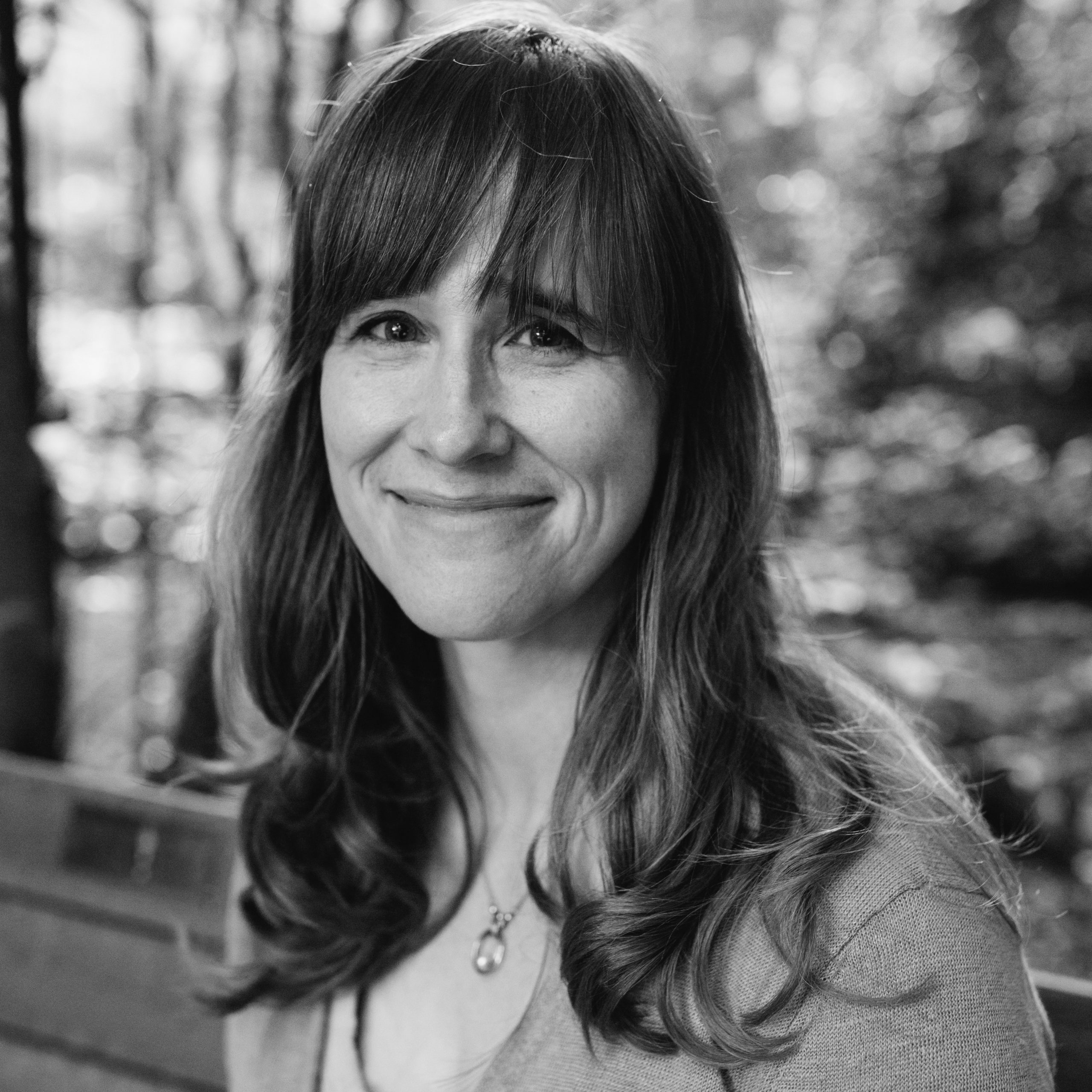 Her previous collection, “Girl Trouble,” and her first novel, “The Next Time You See Me”, were realist works, while her second novel, “The Salt Line,” was set in the near future. This range serves her well in the classroom. She encourages her students to experiment with varied approaches. Sometimes, she finds, tweaking reality offers students the distance needed to get past what she calls a “craft fear” that they won’t know how to tell a story that feels too big, or too immediate.
Her previous collection, “Girl Trouble,” and her first novel, “The Next Time You See Me”, were realist works, while her second novel, “The Salt Line,” was set in the near future. This range serves her well in the classroom. She encourages her students to experiment with varied approaches. Sometimes, she finds, tweaking reality offers students the distance needed to get past what she calls a “craft fear” that they won’t know how to tell a story that feels too big, or too immediate.
This semester, she drew on the expertise of her creative writing MFA students, who serve as editors for the Greensboro Review, to introduce her undergraduates to the journal submission process. The graduate students shared what they’ve learned from deciding which of the many submissions they receive merit publication. The undergraduates gained valuable insight into literary journals – “which are much easier to break into than the book industry,” Goddard Jones notes – as possible venues for publishing their own work. “It was a productive nexus,” she says. “Our version of a laboratory.”
It’s important to her that all of her students gain new tools for addressing unwieldy concerns – about social justice, for example, or climate change – at a granular level. But the best thing about teaching in the MFA program is more personal, she says. “It’s seeing my students develop a writing community and relationships with one another that they will carry forward into the rest of their lives.”
